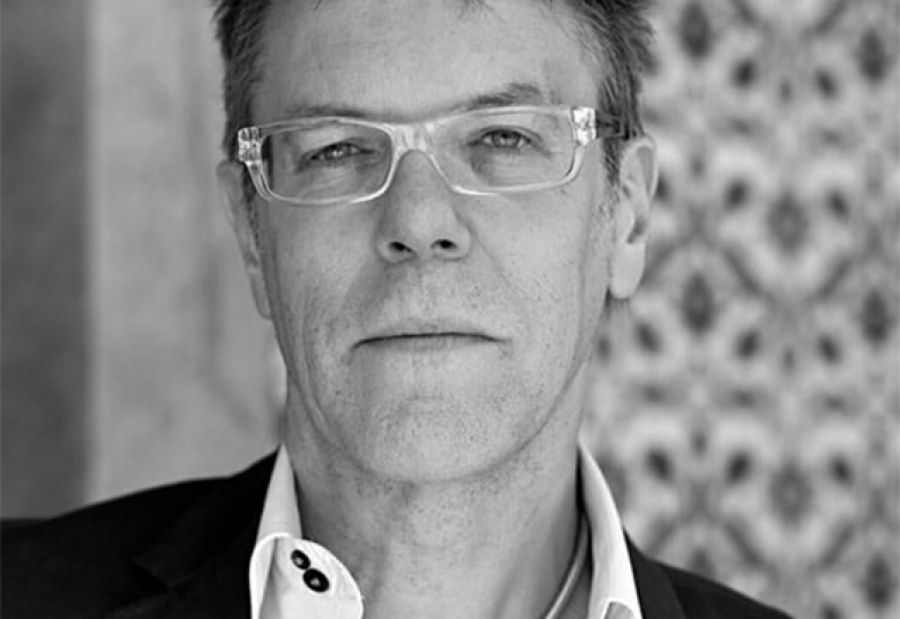
- Free Article: No
- Contents Category: Open Page
- Review Article: No
- Online Only: No
- Custom Highlight Text:
I don’t understand happiness – it always feels coercive – and because of this I don’t understand why the promotion of products that bring happiness holds such wide appeal. I associate consciousness with anxiety: whatever takes you out of yourself brings a kind of relief from this. This can include writing, but also dreaming.
Where are you happiest?
I don’t understand happiness – it always feels coercive – and because of this I don’t understand why the promotion of products that bring happiness holds such wide appeal. I associate consciousness with anxiety: whatever takes you out of yourself brings a kind of relief from this. This can include writing, but also dreaming.
What is your favourite music?
There are as many musics as there are situations. Does a dawn chorus count as music? Techno is good when I want to merge with the crowd; Purcell is the best accompaniment when I am in a brown study. Scarlatti’s energy is so great that I often find it easier to recall a sonata than to listen to it. I like Lennon/McCartney: they remind me of a world I never knew. Silence which allows the recollection of favourite passages is also a kind of music.
And your favourite book?
Oh, perhaps the previous question wanted me to name a single musical item. There is no prevaricating with this question.
And your favourite author?
I like the monotheistic spirit of this question. Homer (see above).
And your favourite literary hero and heroine?
I find Ulysses/Odysseus inescapable but insufferable. Medea is different, more driven, more daunting.
Name an early literary idol or influence whom you no longer admire – or vice versa.
Shelley: you decide.
How old were you when your first book appeared?
I had a slim volume of poems come out when I was twenty-one.
What, if anything, impedes your writing?
The problem of form. I can spend (and have spent) years turning over stories, themes, or ideas that fascinate me but elude organisation. Every investigation is like learning a new dance. One day (sometimes), the choreography – or formal logic of the thing – surfaces. It resided in the internal plot of the parts; they related by themselves and you just had to see this! Then it pretty much writes itself.
How do you regard publishers?
Editors are my honest and critical brothers and sisters. I often feel I let my editors down, and I am always surprised when the publishers they work for take on a project. I have worked as an editor myself; it can be an extremely rewarding but also time-consuming role, somewhere between psychoanalyst and ghost writer.
What do you think of the state of criticism?
I confess that I have not looked at a literary journal, Australian or otherwise, for upward of fifteen years. This is not, I hope, arrogance, and certainly not complacency, simply a measure of taste. I do read the semi-popular science journals like Scientific American, which of course are also rigorously critical reviews of a kind.
If you had your time over again, would you choose to be a writer?
I didn’t choose to be a writer the first time round, but if I could choose I would certainly make the wrong choice. The opportunity to become a professional footballer once presented itself.
What do you think of writers’ festivals?
It depends on the generosity of the invitation.
Do you feel artists are valued in our society?
Every question belongs to a genre. An Australia Council survey lurks behind this one. Remember the time when cultural producers (another funding jargon) were asked to participate in a national ‘ideas’ summit? What an intriguingly Soviet proposition. What came out of that summit?
What are you working on now?
I am superstitious about this kind of thing.


Comments powered by CComment